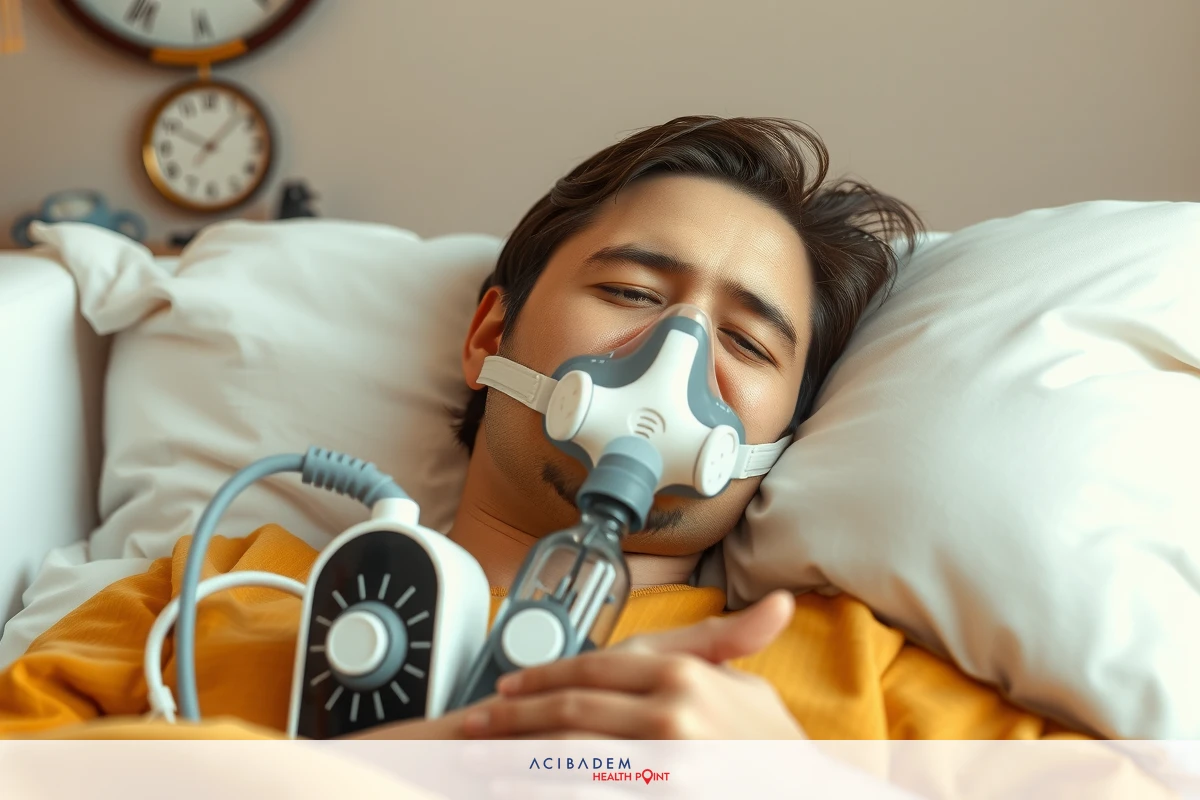How to Breathe Through Mouth After Nose Surgery
How to Breathe Through Mouth After Nose Surgery Nose surgery, whether for medical or cosmetic reasons, can temporarily affect your normal breathing. It’s not uncommon for patients to rely on mouth breathing during their recovery period. Adapting to this change can be challenging, but with the right techniques and measures, it can become manageable and less uncomfortable.
This resource offers valuable guidance on post-nose surgery mouth breathing. We will delve into effective breathing techniques, strategies for maintaining moisture and comfort, as well as exercises to enhance mouth breathing capabilities in the aftermath of your procedure. The goal is to make your recovery period as smooth and comfortable as possible while ensuring optimal healing.
Breathing Techniques for Mouth Breathing
Start with slow, deep breaths. Breathe in through your mouth slowly, hold your breath for a few seconds, and then exhale slowly. This will prevent rapid drying out of your mouth and throat and can also help reduce post-surgery anxiety by promoting relaxation.
Controlled breathing exercises are another beneficial technique. They involve inhaling through your mouth to a count of four, holding your breath to a count of seven, and exhaling to a count of eight. Known as the 4-7-8 breathing technique, this method promotes calmness and helps in managing the discomfort associated with mouth breathing. Try to practice these exercises multiple times a day during your recovery period.
In addition to these methods, posture plays a crucial role in effective mouth breathing. Sitting upright or maintaining an elevated position while lying down can facilitate better airflow through your mouth and lungs. It reduces the risk of respiratory complications that might arise from post-surgery mouth breathing. In cases where mouth breathing becomes excessively dry or uncomfortable despite these techniques, it’s advisable to consult with your doctor or a respiratory therapist for more personalized guidance based on your specific condition.
Maintaining Moisture and Comfort
Mouth breathing, particularly after nose surgery, can often lead to dryness in the mouth and throat. It is essential to stay well-hydrated by drinking plenty of water throughout the day. Hydration not only helps maintain moisture in the mouth and throat but also aids in flushing out toxins and supporting overall body healing post-surgery. Using a straw can make frequent sipping easier without causing discomfort to your nose.
In addition to staying hydrated, using a humidifier at night can help combat dryness caused by mouth breathing. A humidifier adds moisture to the air, which can soothe dry tissues in your mouth and throat and prevent soreness and irritation. Alternatively, you can take steam from a hot shower or use a facial steamer with distilled water. However, it’s crucial to ensure the steam is not too hot to avoid burns.

The use of certain products can also aid in maintaining oral comfort during recovery. Lip balms or petroleum jelly applied on lips can prevent them from cracking due to constant airflow while mouth breathing. Saliva substitutes or oral moisturizers available over-the-counter can also provide temporary relief from dry mouth symptoms. Chewing sugar-free gum or sucking on sugar-free candies can stimulate saliva production, further helping keep your mouth moist. But do remember that these are temporary measures, and any persistent discomfort should be communicated with your healthcare provider promptly.
Exercises to Improve Mouth Breathing
There are a variety of exercises designed specifically to improve mouth breathing. These exercises aim to strengthen your diaphragm and other respiratory muscles, making it easier for you to breathe through your mouth while your nose heals. One such exercise is called diaphragmatic breathing or belly breathing. To do this, sit comfortably and place one hand on your chest and the other on your stomach. Breathe in deeply through your mouth, ensuring that it’s your stomach that’s rising and not your chest. Exhale slowly and repeat several times.
Another beneficial exercise is pursed-lip breathing, which helps control breathlessness and promotes relaxation. In this technique, you inhale through your mouth, then exhale slowly through pursed lips, like blowing out a candle. This slows down the flow of air making it easier for you to manage your breaths. It’s recommended to practice this for a few minutes multiple times a day, gradually increasing the duration as your comfort level increases.
Aside from these exercises, general fitness can also support effective mouth breathing during recovery from nose surgery. Therefore, low-intensity activities such as walking or yoga, once approved by your doctor postsurgery, can be beneficial. These activities improve overall lung capacity and respiratory function. However, it’s important to remember that everyone’s recovery journey is unique. What works best for one person may not work for another. Therefore, always consult with your healthcare provider before starting any new exercise regimen after surgery.
Frequently Asked Questions
Is mouth breathing normal after nose surgery?
Yes, it is quite common to experience mouth breathing after nose surgery. The nasal passages may be congested or swollen, making it difficult to breathe through the nose. Mouth breathing becomes a temporary alternative during the recovery period.
How long does mouth breathing last after nose surgery?
The duration of mouth breathing can vary depending on the individual and the extent of the surgery. Generally, it can last for a few days to several weeks until the nasal passages heal and the swelling subsides. It is important to follow your surgeon's post- operative instructions for a more accurate timeframe.
Can mouth breathing cause dryness in the mouth and throat?
Yes, mouth breathing can lead to dryness in the mouth and throat. Breathing through the mouth bypasses the natural humidification process that occurs when air passes through the nasal passages. This can result in discomfort, dryness, and potential irritation.
Are there any risks associated with prolonged mouth breathing after nose surgery?
Prolonged mouth breathing can potentially increase the risk of certain complications, such as dry mouth, bad breath, dental issues, and throat discomfort. It is important to practice proper oral hygiene and seek guidance from your healthcare provider if you experience persistent symptoms or concerns.
Can I use nasal sprays or decongestants to alleviate mouth breathing?
It is best to consult with your healthcare provider before using any nasal sprays or decongestants after nose surgery. They will be able to provide personalized advice based on your specific condition and recovery progress. Some nasal sprays may contain ingredients that could interfere with the healing process or cause further irritation.











